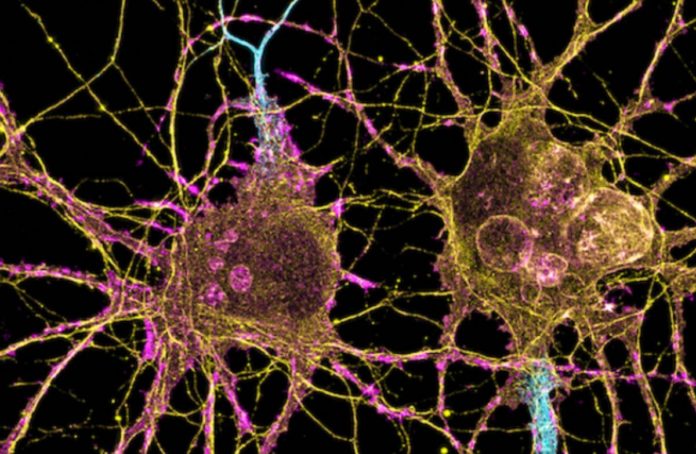Scientists uncover new drug targets that can help stop T cells from attacking brain cells in Parkinson’s.
Parkinson’s disease isn’t commonly considered auto-immune disease. However, all of current studies suggest that T cells play a role in the disease.
People with Parkinson’s disease have a distinct “genetic signature” of the condition in their memory T cells, according to researchers at the La Jolla Institute for Immunology (LJI). The researchers expect that by focusing on these genes, they will be able to develop new Parkinson’s treatments and diagnostics.
“Parkinson’s disease is not usually seen as an autoimmune disease,” explains Professor Cecilia Lindestam Arlehamn. “But all of our work points toward T cells having a role in the disease.”
“Now that we can see what these T cells are doing, we think intervening with antibody therapies could have an impact on the disease progression, especially early on,” adds professor Alessandro Sette, lead author.
Parkinson’s disease: An evolving perspective
As dopamine-producing neurons in the brain die, Parkinson’s disease advances. Unfortunately, scientists haven’t been able to determine what causes cell death, though they do have a theory: There are clumps of a defective protein called alpha-synuclein in the dying neurons.
According to the study, these aggregates may constitute the death knell for dopamine-producing neurons. Sette and Lindestam Arlehamn recently demonstrated that persons with Parkinson’s disease have T lymphocytes that target alpha-synuclein early in the disease.
T cells that are self-reactive can harm the body’s own cells, including neurons. Self-reactive T cells are, in fact, at the root of many autoimmune disorders.
A new drug target for treating Parkinson’s disease found by researchers
The new research suggests a method for stopping these T cells in their tracks. People with Parkinson’s disease have memory T cells with a very particular gene signature, according to the LJI researchers. These genes appear to be involved in targeting alpha-synuclein and producing chronic inflammation in Parkinson’s patients.
“Identifying these genes will make it possible to see which patients have T cells that respond to alpha-synuclein and which do not,” added Lindestam Arlehamn.
LRRK2 is a key gene expressed in these T cells. This gene is linked to Parkinson’s disease that is inherited, or familial. Many persons with Parkinson’s disease have LRRK2 expressed in their neurons, but this is the first time this gene has been found in T cells.
However, many of the genes produced in these T cells were unexpected and had never been connected to Parkinson’s disease before.
“This finding suggests we found novel targets for potential therapeutics,” adds Sette.
Blood samples taken at LJI’s John and Susan Major Center for Clinical Investigation revealed the presence of these genes.
The path to new Parkinson’s therapy
Lindestam Arlehamn and her partners intend to research post-mortem brain samples in the future. This study will see if the same self-reactive T cells detected in the blood also target neurons in Parkinson’s patients. The researchers also want to hunt for alternative antigens, or targets, that T cells in people with Parkinson’s disease might identify.
To turn this research into new treatments, scientists will need to figure out how to activate or inhibit distinct genes at different phases of Parkinson’s disease progression.
“We have many avenues now for future research,” adds Sette.
Source: 10.1038/s41531-022-00282-2
Image Credit: NEUROCYTO LAB, INP, MARSEILLE, FRANCE
You were reading: Unexpected new drug targets for treating Parkinson’s disease discovered
